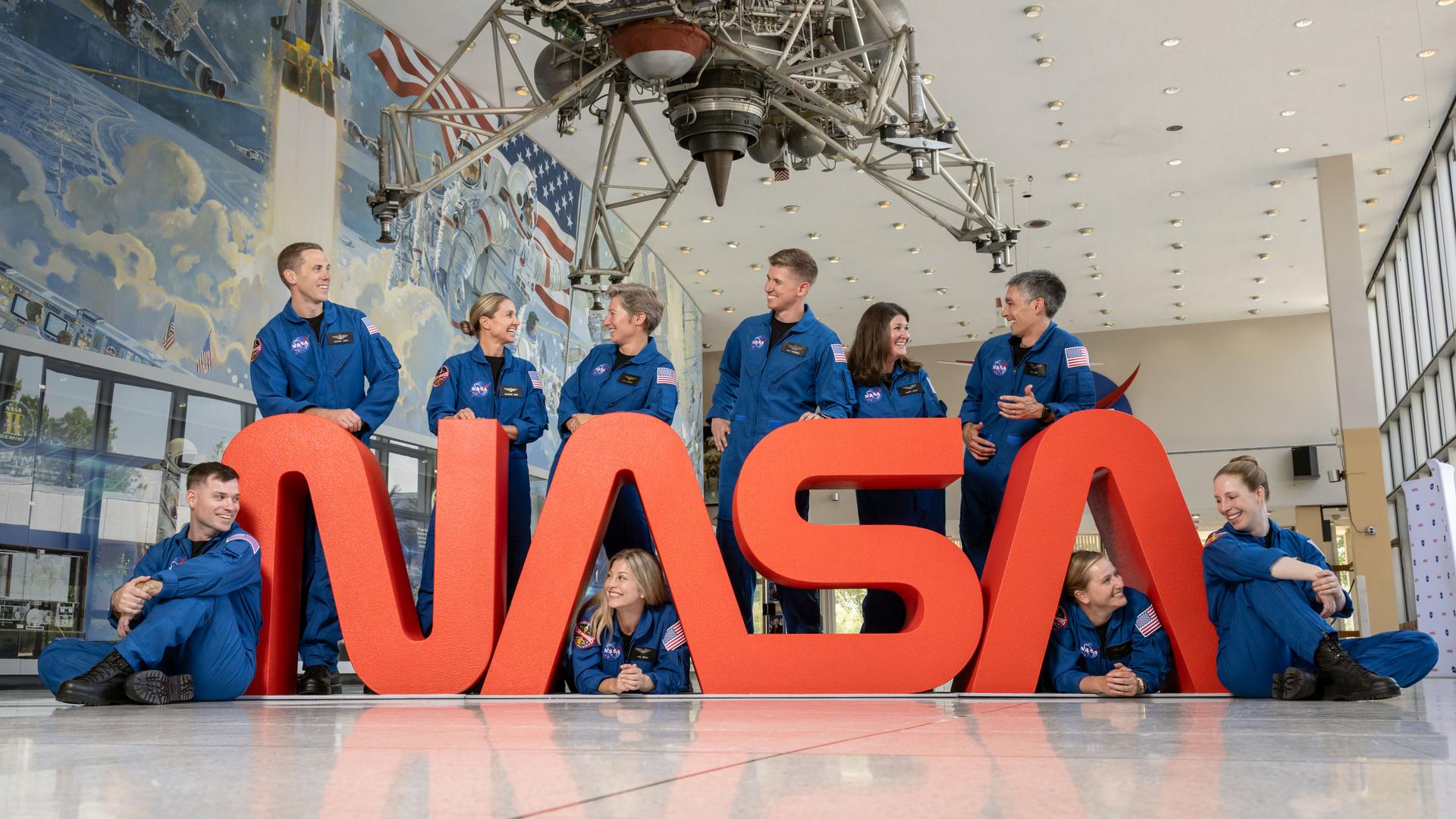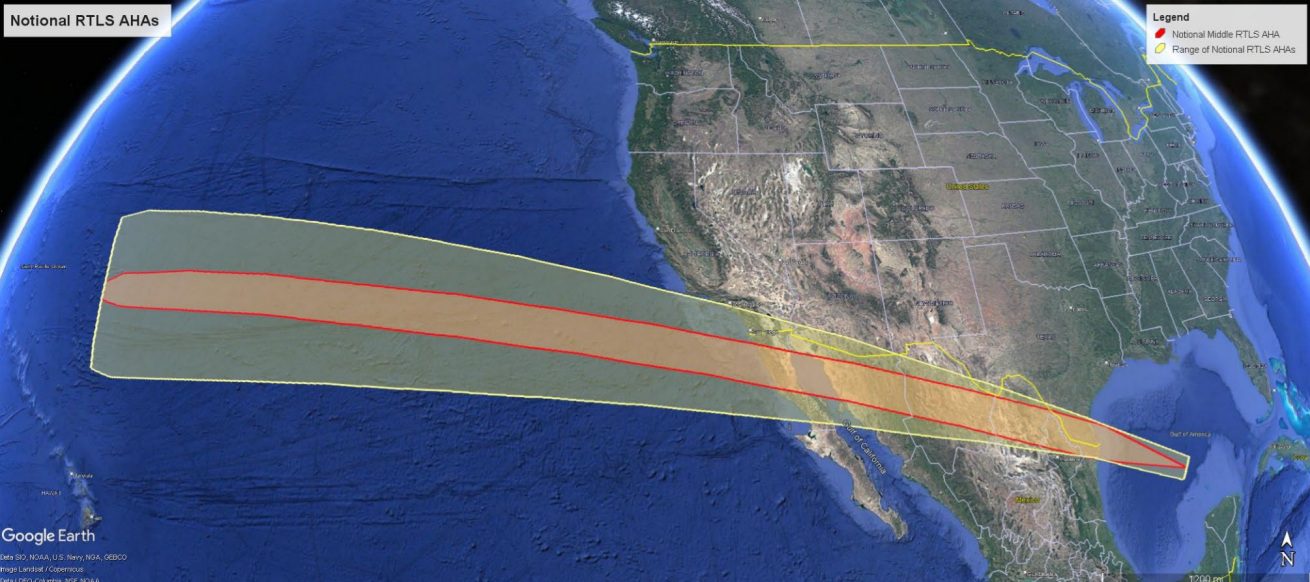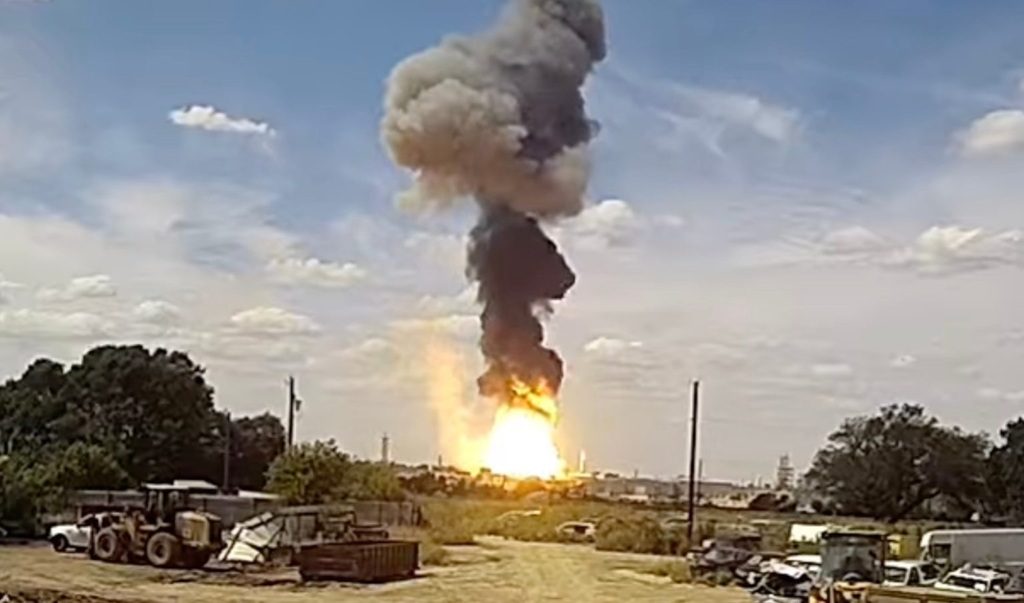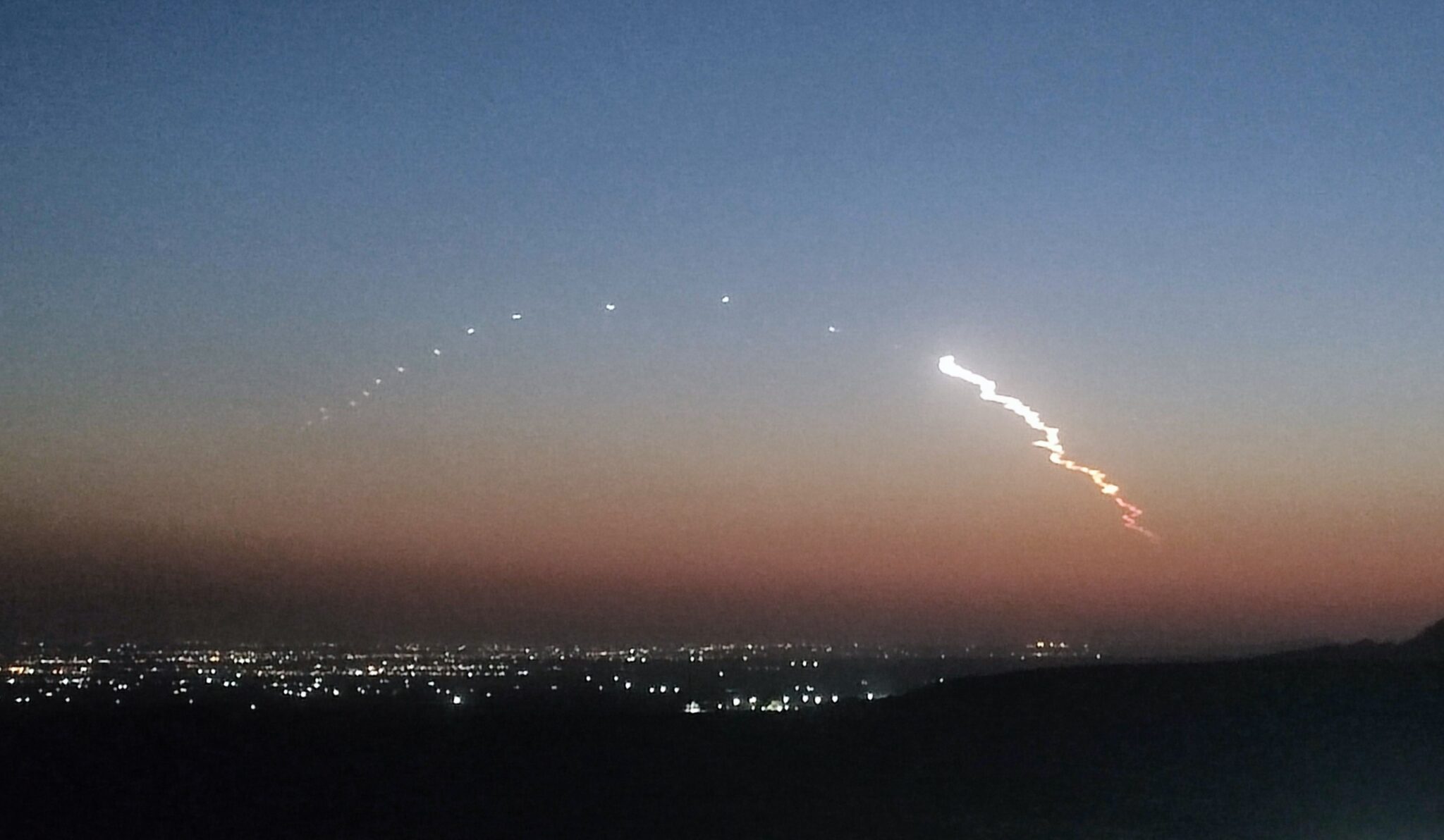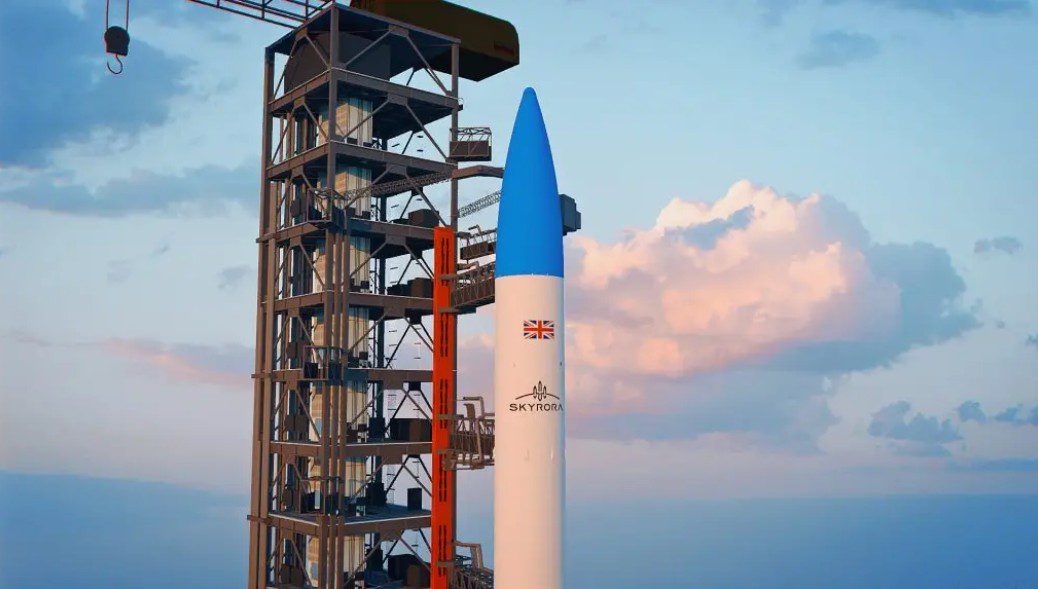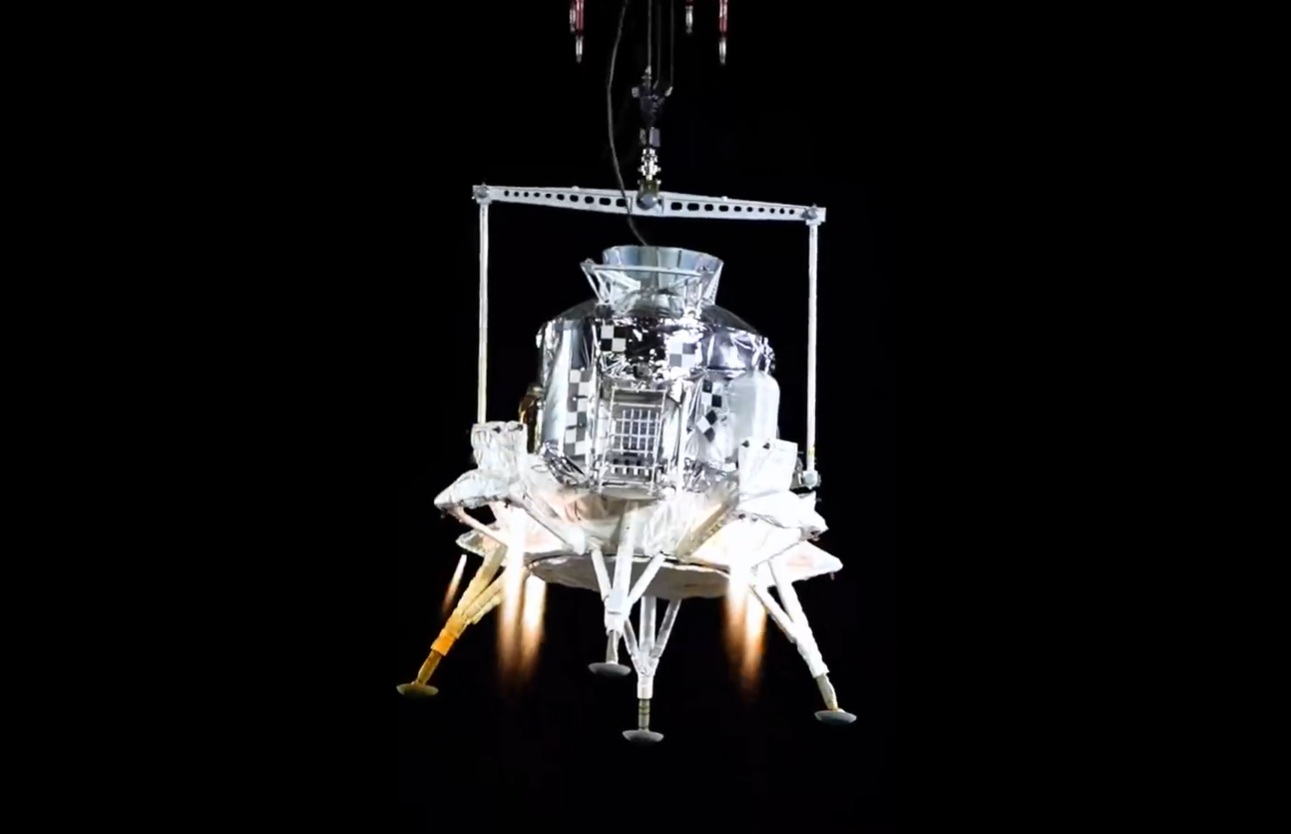After being found responsible for barbaric and terrorist acts around the world including beheadings, bombings of passenger jet aircraft, and mass shootings and bombings in Paris and other cities, it soon became apparent to most that the terrorist organisation, variously known as Islamic State, IS, ISIL, ISIS, and Daesh, would have to be completely destroyed (ultra religious groups such as the Islamic State are not usually logical or reasonable enough to negotiate with or even deter). While many military experts argue that this can only be fully achieved by the commitment of ground forces into the region, for now, aerial bombardment of IS-base camps and oil fields in Iraq and Syria is the preferred method of their destruction. Belatedly, the UK’s Royal Air Force, has now joined other allied nations in battle in Syria after a parliamentary vote authorised the RAF to go into action in Syria (the RAF were already bombing IS in Iraq using Tornado fighter-bombers and Reaper drone aircraft).
This parliamentary vote was, in the end, passed by a large majority, despite a disgraceful and counterproductive attempt by the Conservative Prime Minister David Cameron to portray those against the move as “terrorist sympathisers”, and in spite of similarly shameful acts of gangster-like intimidation by the left-wing anti-war movement against pro-military action Labour MPs. The large majority achieved was, in fact, partly due to Labour’s Shadow Foreign Secretary, Hilary Benn, who made his own excellent and convincing speech comparing the threat of IS to the fascists and Nazis of the past.
In a way, this vote was going back to correct an error made by the UK Parliament two years ago. David Cameron, then Prime Minister of the then Conservative-led Coalition, failed to get a war-weary and suspicious parliament (suspicious ever since being misled it into a second war with Iraq by the then Prime Minister Tony Blair) to agree to the RAF bombing the Russian-backed Assad regime in Syria, which had been using chemical weapons on its own people. It is now generally accepted that the consequence of the UK’s failure then to join battle, with USA taking this lead to hold back as well, was to accelerate the rise of the so-called Islamic State.
So what will all this mean for space? Apart from the use of more mainly US-space reconnaissance resources for targeting operations etc, their demands for the relay of real time telemetry and commands needed to control armed drone UAVs (Unmanned Airborne Vehicles) from their UK-based RAF control rooms in Lincolnshire. This requires a large amount of communications bandwidth which puts a strain on current military communications capabilities including the UK’s Skynet communications satellite network. As such, it can be expected that more capacity will be leased from commercial spacecraft operators to make up for this shortfall. Thus the lull in the military use of commercial spacecraft by US, UK and other allied forces after the end of the original conflicts in Afghanistan and Iraq may be coming to an end.


